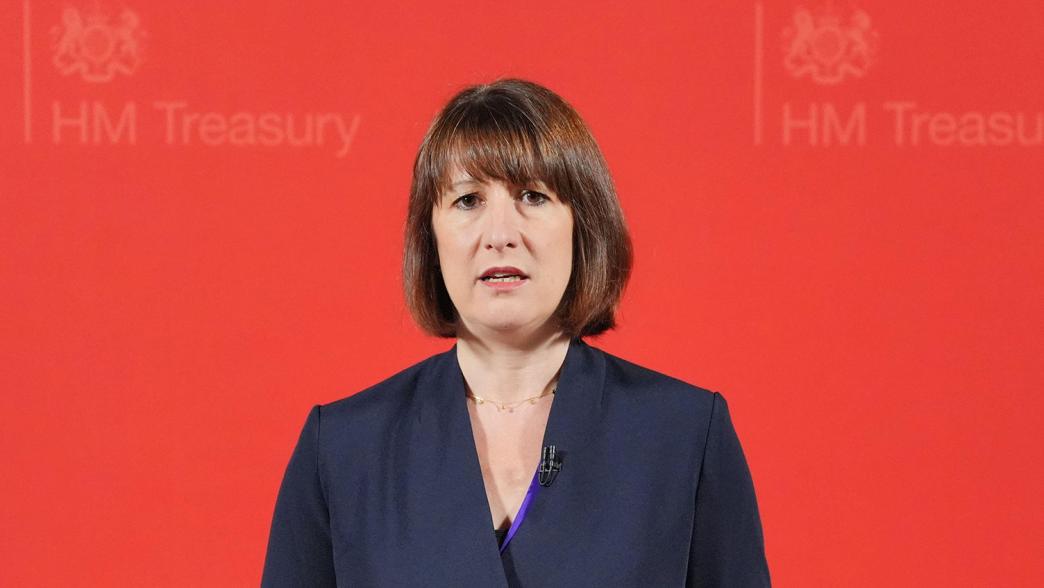There’s speculation over whether Rachel Reeves is considering withdrawing or altering the current tax breaks for salary sacrifice schemes on electric vehicles in the upcoming budget. If she does, it could be a massive setback for EV adoption in the UK. Why? Because this tax benefit is the only real incentive left for private EV drivers—and without it, the pace of EV adoption could stall.
For those unfamiliar, a salary sacrifice scheme lets employees lease a brand-new EV through their employer and pay for it from their pre-tax income, reducing their taxable salary. Over 5,000 companies currently offer these schemes, enabling staff to lease EVs at a lower cost while creating tax savings for both employer and employee. It’s also a great tool for attracting and retaining talent.
These schemes often cover the entire EV ownership experience, including insurance, a home charger, breakdown cover, tyres, and maintenance. Prices range from around £239 per month for the latest Mini Cooper Electric to £329 for a Tesla Model Y and £490 for a BMW i5 Touring. Salary sacrifice providers claim these schemes can save drivers up to 60% on the cost of an EV, making it a cost-effective way to drive electric and bypass expenses like depreciation, insurance, and maintenance.
Depreciation, especially in the early years, can be steep for EVs, and a salary sacrifice lease protects drivers from that loss in value. At the end of a two- to three-year lease, employees simply hand the car back and, in most cases, sign up for a new one—an option over 90% of salary sacrifice drivers choose.
Critics argue that salary sacrifice primarily benefits higher-income drivers. But Katie Brown, Communications Manager at EV leasing provider Tusker, says it’s accessible to many, with the majority of their orders coming from basic-rate taxpayers and a significant share from NHS staff, police, and local government employees. In her words, “Salary sacrifice is helping more people make the shift to electric vehicles affordably.” Love Electric, another EV leasing provider, even likens their online ordering system to Amazon Prime—but for EVs.
The exact number of private drivers using salary sacrifice schemes isn’t publicly available because these registrations fall under the fleet sales category tracked by the Society of Motor Manufacturers and Traders (SMMT), despite being privately used vehicles. However, industry insiders believe the number is significant.
Salary sacrifice has been a game-changer, making the switch to EVs as easy as ordering online, with added benefits like insurance and maintenance, and protection against depreciation. Yes, there’s a cost to the Treasury, but it’s more efficient than direct subsidies and leads to cleaner air from zero-emission vehicles. Fiona Howarth, CEO of Octopus EV, warns: “The government has pushed for an EV transition, and removing the few incentives for private drivers, especially for those on lower incomes, could put the brakes on the UK’s EV progress.”
With the government claiming to support the EV transition, cutting this benefit would send mixed signals and could slow down EV adoption at a crucial time. In short, if this benefit is scrapped, the UK risks turning away from its clean transport goals.



